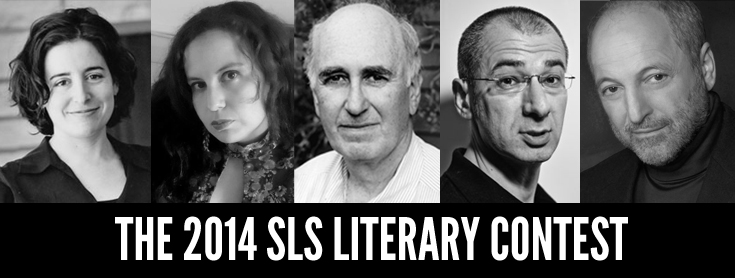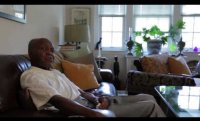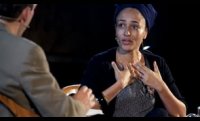Submissions are currently open for the annual Summer Literary Seminars (SLS) contests in poetry, fiction, and creative nonfiction. Held this year in affiliation with Fence Magazine, the prizes in each category include an all-expenses-paid trip to attend one of SLS’s writing programs in Kenya, Lithuania, or Montreal. The deadline is February 28.
The winners in poetry and fiction will have the choice of attending a two-week program in Vilnius, Lithuania, from July 13–26, or in Nairobi-Lamu, Kenya, in December, and will have their work published in Fence Magazine. The winner in nonfiction will have the choice of attending either of the two-week programs or the annual SLS workshop in Montreal from March 27–30. The programs include writing workshops, seminars, readings, walking tours, and other cultural events. Each prize includes airfare, tuition, and housing.
 Second-place winners in poetry and fiction will receive a full tuition waiver for the two-week program of their choice; third-place winners will receive a 50 percent tuition discount. All qualifying entries will automatically be considered for a variety of additional prizes sponsored by SLS. All entrants will also receive a yearlong subscription to Fence Magazine.
Second-place winners in poetry and fiction will receive a full tuition waiver for the two-week program of their choice; third-place winners will receive a 50 percent tuition discount. All qualifying entries will automatically be considered for a variety of additional prizes sponsored by SLS. All entrants will also receive a yearlong subscription to Fence Magazine.
Dorothea Lasky will judge in poetry, Aimee Bender will judge in fiction, and Phillip Lopate will judge in nonfiction.
Submit up to three poems, a short story or novel excerpt of up to twenty pages, or a work of creative nonfiction of up to twenty pages, with an $18 entry fee, by February 28. Submissions can be sent via e-mail or by postal mail to Summer Literary Seminars, Unified Literary Contest, English Department, Concordia University, 1455 de Maisonneuve Blvd. W., Montreal, Quebec H3G 1M8 Canada.
Visit the SLS website for more information about the programs and complete contest guidelines.





 Second-place winners in poetry and fiction will receive a full tuition waiver for the two-week program of their choice; third-place winners will receive a 50 percent tuition discount. All qualifying entries will automatically be considered for
Second-place winners in poetry and fiction will receive a full tuition waiver for the two-week program of their choice; third-place winners will receive a 50 percent tuition discount. All qualifying entries will automatically be considered for 
